In the world of agriculture, optimizing crop yield while minimizing labor and time is key to maintaining profitability. One such agricultural implement that has gained popularity in recent years is the rolling cultivator. This powerful tool offers farmers a cost-effective and efficient means of weed control and soil preparation, allowing them to enhance overall productivity in their fields. In this article, we will explore the various benefits and features of a rolling cultivator that make it an essential tool for modern-day farming operations. 1. Enhanced Soil Aeration and Moisture Retention: A rolling cultivator is designed to break up compacted soil, allowing it to breathe properly. By loosening the soil, it promotes better root penetration and access to essential nutrients and water. This improved aeration encourages healthy plant growth and ensures that crops can efficiently absorb nutrients. Moreover, the loosened soil also helps reduce runoff and erosion, improving water retention and preventing topsoil loss.
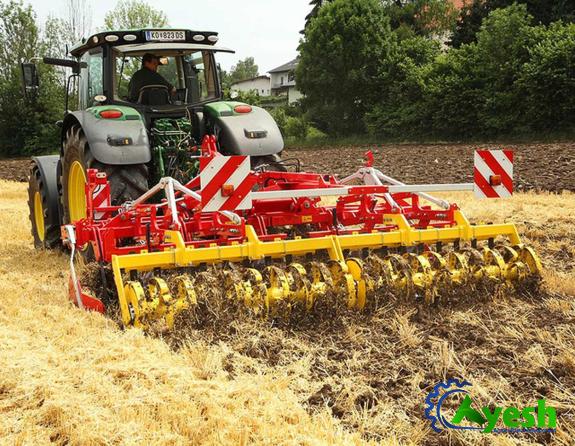
.
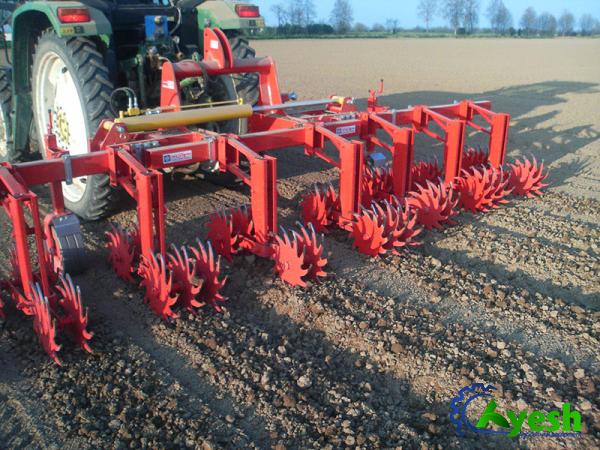 2. Efficient Weed Control: Weeds pose a significant threat to crop growth as they compete with crops for nutrients, sunlight, and water. The rolling cultivator effectively combats this issue by breaking the soil’s surface and uprooting weeds. It disrupts weed seed germination and breaks the growth cycle by burying them under the soil, resulting in their eventual death. This eliminates the need for chemical herbicides, reducing costs and potential environmental damage. 3. Cost-Effectiveness and Time Efficiency: In comparison to traditional tillage methods, rolling cultivators offer considerable cost savings. By reducing or eliminating the need for chemical herbicides and their associated expenses, farmers can save a significant amount of money. Additionally, the rolling cultivator’s efficient design enables it to cover larger areas in a shorter span of time, allowing farmers to complete field preparations and weed control more quickly than with manual labor or traditional machinery.
2. Efficient Weed Control: Weeds pose a significant threat to crop growth as they compete with crops for nutrients, sunlight, and water. The rolling cultivator effectively combats this issue by breaking the soil’s surface and uprooting weeds. It disrupts weed seed germination and breaks the growth cycle by burying them under the soil, resulting in their eventual death. This eliminates the need for chemical herbicides, reducing costs and potential environmental damage. 3. Cost-Effectiveness and Time Efficiency: In comparison to traditional tillage methods, rolling cultivators offer considerable cost savings. By reducing or eliminating the need for chemical herbicides and their associated expenses, farmers can save a significant amount of money. Additionally, the rolling cultivator’s efficient design enables it to cover larger areas in a shorter span of time, allowing farmers to complete field preparations and weed control more quickly than with manual labor or traditional machinery.
..
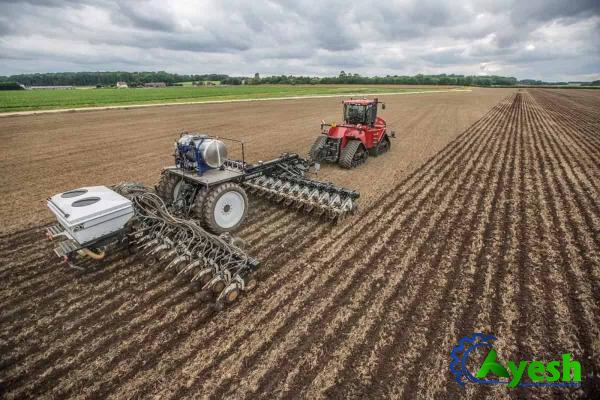 4. Versatile Design and Ease of Use: Rolling cultivators are engineered with adjustable rolling baskets and shanks, providing farmers with flexibility when it comes to depth and row spacing. This adaptability allows farmers to customize the implement according to their specific crop requirements and field conditions. Furthermore, modern rolling cultivators are designed to be user-friendly, requiring minimal maintenance and little technical expertise. This means even first-time users can quickly learn how to operate and maintain the implement with ease. 5. Environmental Sustainability: As sustainable farming practices gain increasing importance, the rolling cultivator aligns perfectly with these objectives. Its reduced reliance on chemical herbicides and ability to prevent erosion and topsoil loss contribute to a more environmentally friendly farming approach.
4. Versatile Design and Ease of Use: Rolling cultivators are engineered with adjustable rolling baskets and shanks, providing farmers with flexibility when it comes to depth and row spacing. This adaptability allows farmers to customize the implement according to their specific crop requirements and field conditions. Furthermore, modern rolling cultivators are designed to be user-friendly, requiring minimal maintenance and little technical expertise. This means even first-time users can quickly learn how to operate and maintain the implement with ease. 5. Environmental Sustainability: As sustainable farming practices gain increasing importance, the rolling cultivator aligns perfectly with these objectives. Its reduced reliance on chemical herbicides and ability to prevent erosion and topsoil loss contribute to a more environmentally friendly farming approach.
…
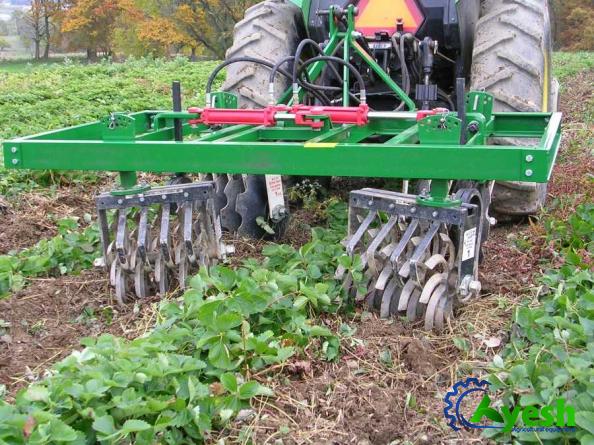 By maintaining soil health and reducing the use of harmful chemicals, farmers can secure not only their future productivity but also preserve the surrounding ecological balance. Conclusion: The rolling cultivator is an indispensable tool for modern farmers seeking to optimize their agricultural practices successfully. Its ability to enhance soil aeration, control weeds efficiently, cut costs, and save time makes it an ideal choice for farmers looking to improve their crop yield and foster sustainable farming practices. By investing in a rolling cultivator, farmers can ensure that their fields remain productive, while also contributing to a healthier and more sustainable environment.
By maintaining soil health and reducing the use of harmful chemicals, farmers can secure not only their future productivity but also preserve the surrounding ecological balance. Conclusion: The rolling cultivator is an indispensable tool for modern farmers seeking to optimize their agricultural practices successfully. Its ability to enhance soil aeration, control weeds efficiently, cut costs, and save time makes it an ideal choice for farmers looking to improve their crop yield and foster sustainable farming practices. By investing in a rolling cultivator, farmers can ensure that their fields remain productive, while also contributing to a healthier and more sustainable environment.
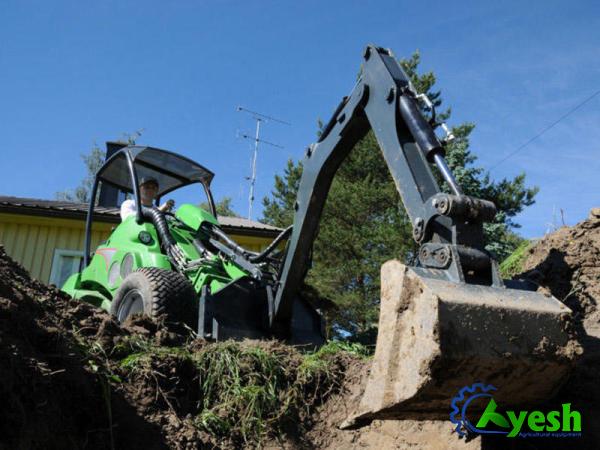
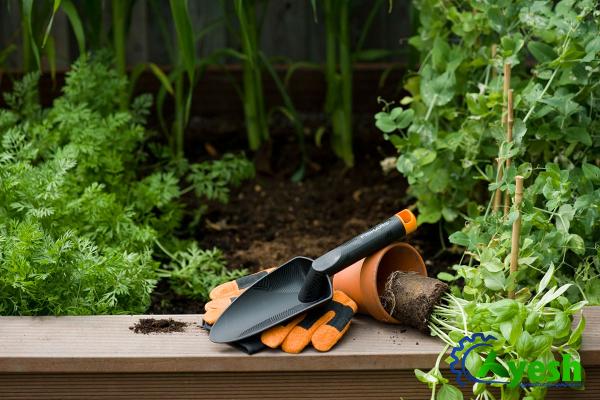
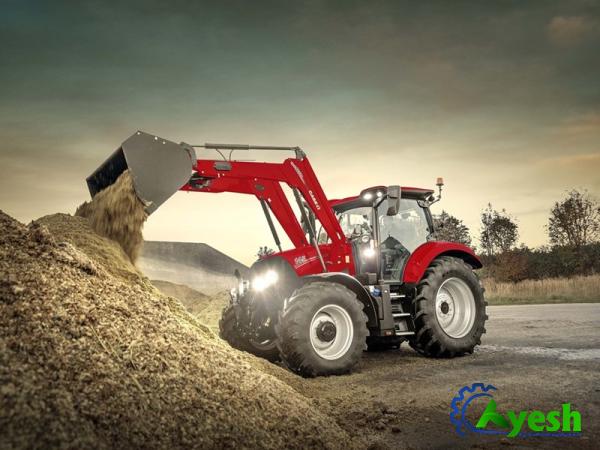
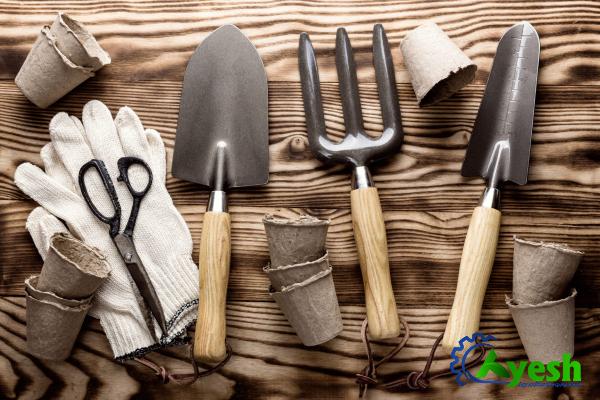
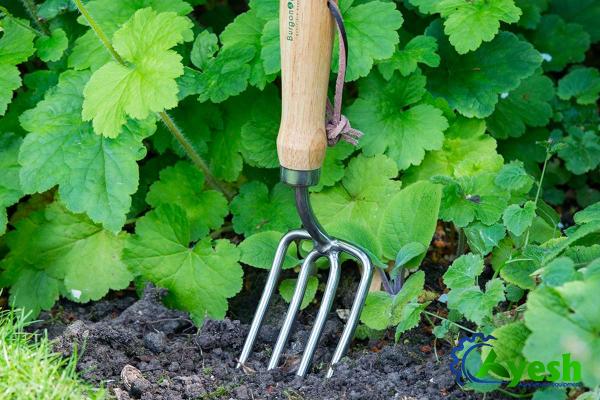

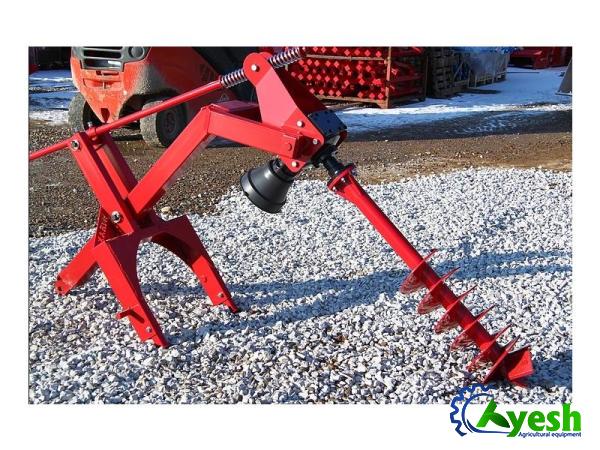
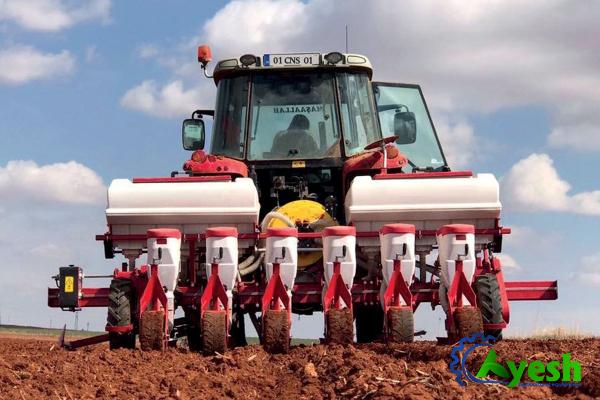
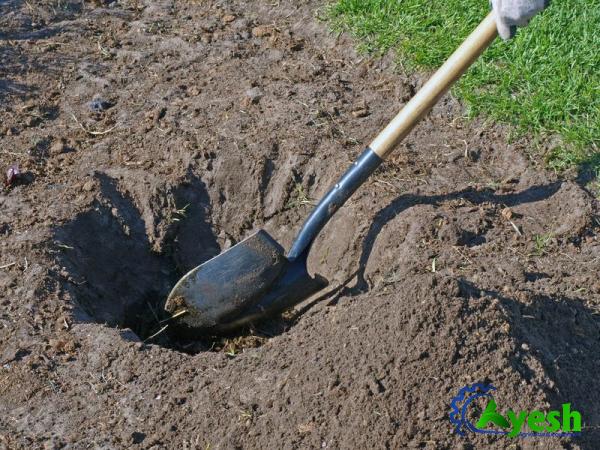
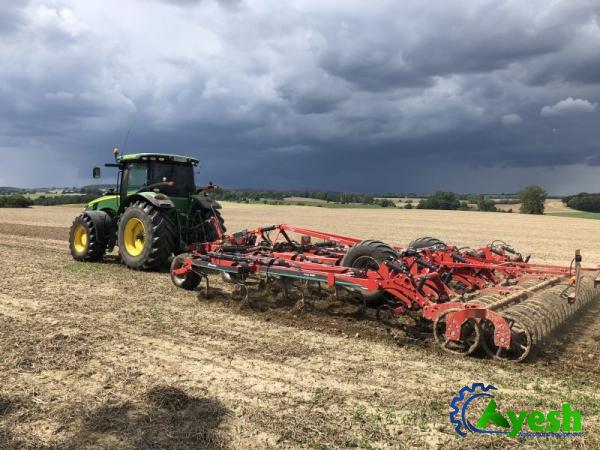
Your comment submitted.